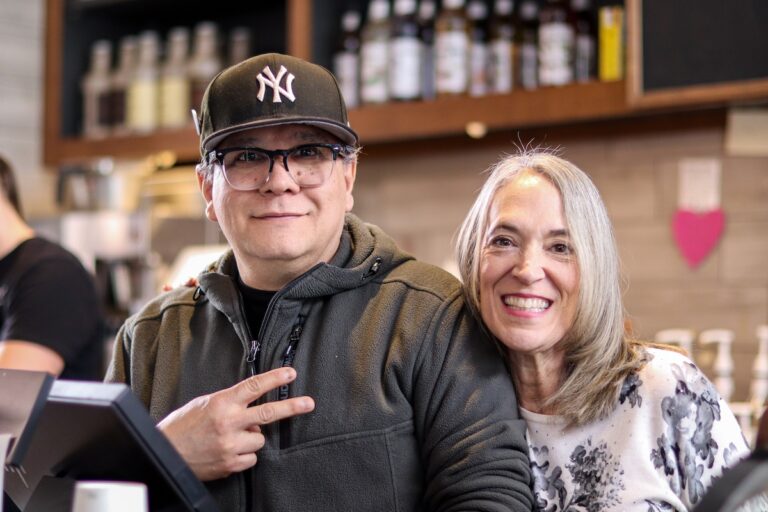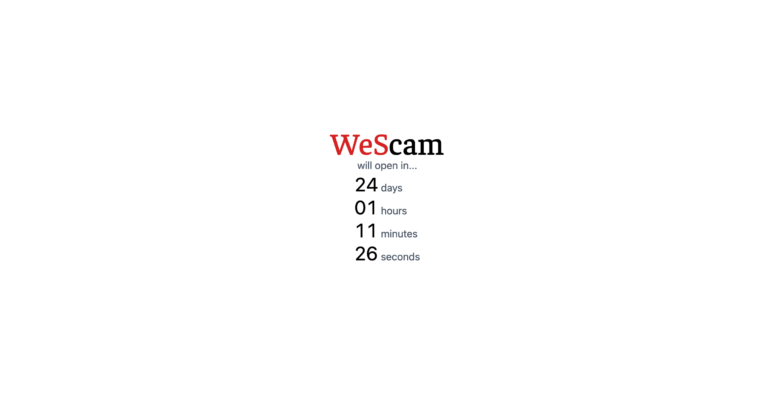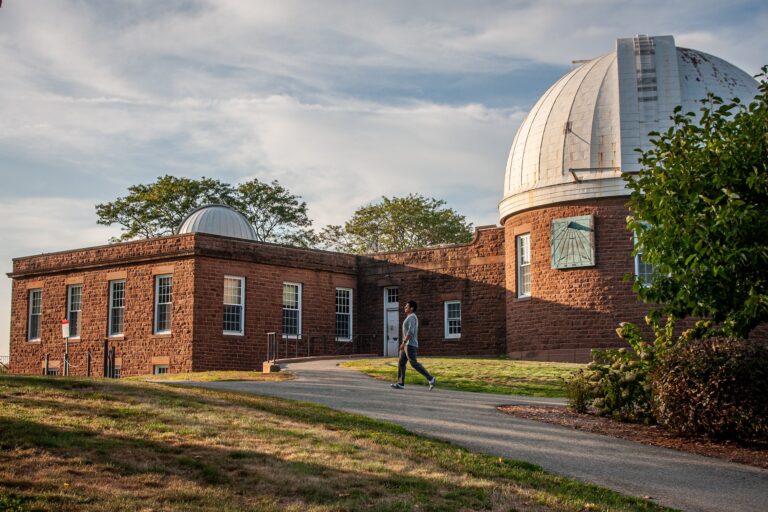Wesleyan Heeds #CallToAction
Following the election, University students have organized a weekly phone bank to pressure local and state officials around the country to reject President-elect Trump’s policies and cabinet appointees. This initiative, known as #CallToAction, is an effort to harness the power of grassroots political participation.
In an informational email describing #CallToAction, lead organizers Jacob Karlin ’17 and Olivia Morris ’18 encouraged prospective callers to push back against Trump’s rhetoric.
“We are afraid that, in the coming days and weeks, many Americans will begin to normalize this era of white nationalism and lethal hatred,” the email read. “We also feel that we must mobilize to persuade our representatives to protect our civil liberties and fight against defamation and destruction.”
At the phone banks, which take place every Monday afternoon, students are given scripts with talking points for each week’s unique policy focus and a list of phone numbers to call a variety of public officials.
Last week, #CallToAction’s first phone bank concentrated on pressuring lawmakers to prevent the appointments of Steve Bannon and Jeff Sessions to top posts in Trump’s administration.
Bannon, founder of Breitbart, a media outlet the Southern Poverty Law Center has tied to “white ethno-nationalism,” is slated to become the President-elect’s Chief White House strategist. Sessions, a Republican Senator from Alabama who has called the NAACP “un-American,” has been chosen to head the Justice Department as Attorney General.
This week, the phone bank centered on opposing the Dakota Access Pipeline and climate change denial in the White House. The organizers cited violence against Native peoples as a chief concern.
“We will provide the phone numbers of North Dakota law enforcement offices, Dakota Access Pipeline affiliates, the ND National Guard, North Dakota representatives,” the coordinators wrote in a Facebook event, “to demand the recognition of anti-Native violence committed against the Standing Rock Sioux Tribe in North Dakota.”
Scripts and phone numbers have also been posted online for those who wish to participate remotely.
In a joint statement to The Argus, Karlin ’17 and Morris ’18 shared their enthusiasm for the initiative moving forward, and a desire to widen its scope.
“We’ve gotten a lot of momentum over the past three weeks,” they said. “We are amazed by the amount of time and energy our coordinators and Wesleyan students have given to this campaign. Each successive phone bank has garnered a bigger crowd. Now, we are working to get other student groups involved and other schools to host their own #CallToAction phone banks.”
Other policy areas the initiative will address in the future include immigration reform, reproductive health, queer rights, and police brutality. In line with its commitment to a wide array of issues, the Dec. 5 phone bank will be co-hosted by #CallToAction and the Wesleyan Refugee Project.
#CallToAction is just one example of organizing in response to what many at the University consider salient threats presented by the President-elect’s politics. Since Trump’s win, members of the University community have marched to protest his presidency and worked to make the University a sanctuary campus for undocumented immigrants. Similar pushes are taking place at colleges and locales across the country, indicating widespread mobilization against Trump and his agenda.







Leave a Reply